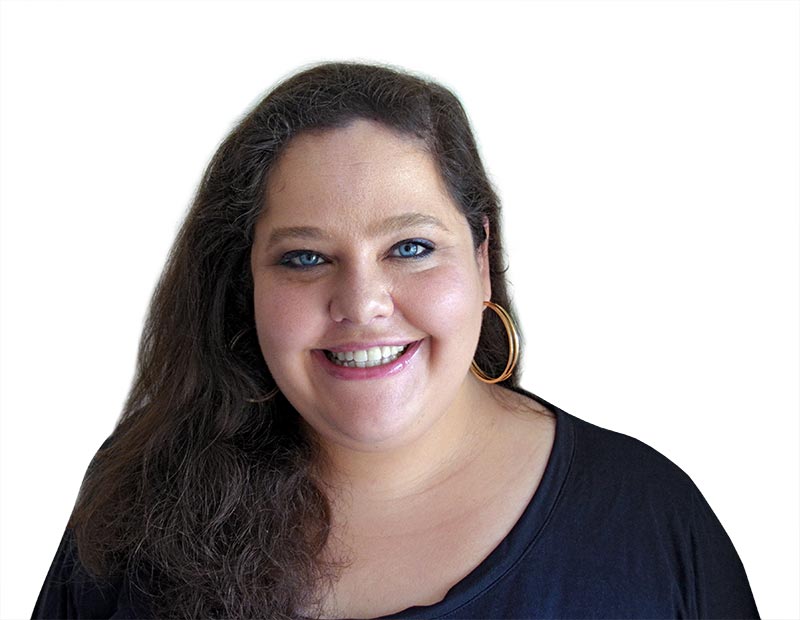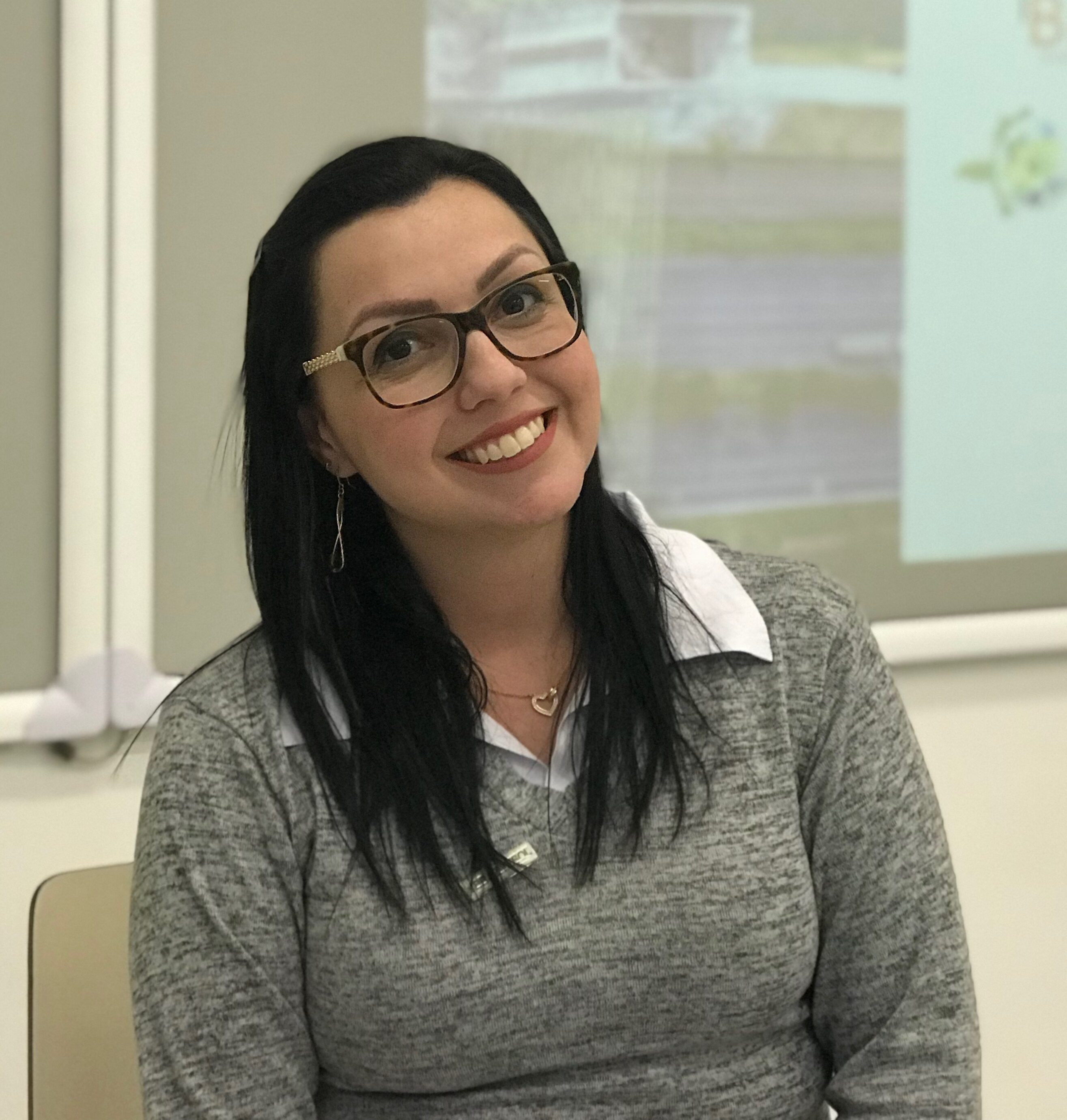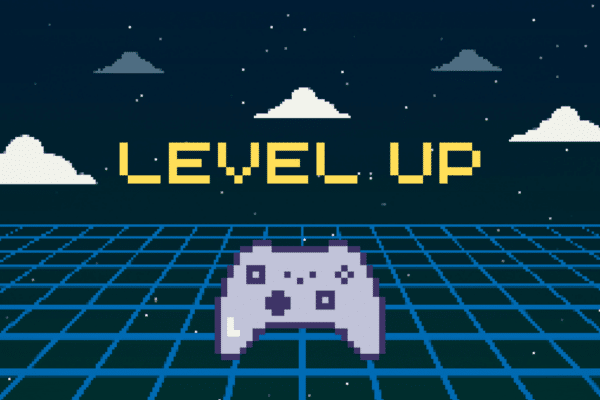My Moving Maker Moment
How often do you revisit and reexamine your beliefs about teaching and learning and about yourself as a teacher?
It is easy to find fault in other people’s beliefs or practices: “So and So still operate with the concept of X. Don’t they know research shows no evidence it works?”; “How can anyone still use the Y methodology in the 21st century, when our students are so different from decades ago?”; or even “There goes So and So again on and on about the latest teaching fad with no consistent argument to support it.” However, no matter how critical we may think we are, when it comes to what we practice and believe, it’s way more difficult to take a step back and reevaluate.
Mind, I’m a passionate supporter of CPD (continuing professional development), but I am also acutely aware that you can attend events, read blog posts, study articles and books, take courses, and still not change one bit. If all you do is let it all wash over you, you won’t actually develop. You’ll look good and feel good about yourself, but you won’t actually improve. And if all you feel after an event is the satisfaction of having checked that box on your to-do list, if the only effect of a conference is a mutual pat on the back with your pals for not being like “those other teachers who don’t care about events”, then you’re probably not getting there either. Maybe you’re taking home a new activity or tech tool, an add-on of some sort, and that’s great, but that’s not really developing. Developing means change. One more trick in your teaching toolbox is just more of the same.
And to be honest, that’s what happens after many events.
There will be those, I imagine, who will stop reading here and feel vindicated, “You see, that’s why I don’t go to events. You don’t learn anything.” May I just stop you there and say no, that’s not what I meant. I said you can go to events and learn small stuff and not actually develop. And if you think you’re too good for events — and possibly also for books, courses, chats, lesson observations, etc –, then you have an even smaller chance of developing. So I’m not saying don’t go, I’m saying go, but go with your heart and mind open.
Why am I saying that? Because I don’t always do it, either.
Take, for instance, my relationship with the maker movement. Some of the teachers I admire the most are supporters of the maker movement, but I never saw myself as a teacher that could be one. I’d listen and read these other teachers and smile, “That’s good for THEM, but it’s not for me.” I’d also find fault with some of the things makers wrote or showed, especially when most of the work seemed to be done by the teacher before class or when they seemed to be using the maker movement (or a lot of tech bells and whistles) to practice the same old decontextualized grammar McNugget.
And then came BrELT on the Road on September 7 and Dani Hersey’s workshop on the maker movement. She laid down the theoretical basis for the moment and explained how it works. So far, so good, still washing over me. Then she asked us to build a watchtower in groups.
I panicked.
I hadn’t realized that was a WORKshop. Now I had to BUILD something?

Photo by Marcella Zamith for BrELT
I started looking for a way out, “Maybe I can plead to being an outside observer here? Maybe I can leave?” No, I couldn’t. Dani would be hurt if I didn’t comply, and I like her too much to do such a thing. Well, even if I didn’t like her. She is a fellow teacher and I had to respect her. That meant staying and trying to make the friggin’ tower.
My group sat down on the floor. Initially I didn’t. I told myself I wouldn’t sit on the floor because I was wearing a nice dress and I needed to look presentable later for my talk. I knew deep inside that wasn’t the reason. My heart was racing, “I’m not a maker. I don’t want to be here.”
The group started discussing what to do with the few resources we had. Someone reminded us that we needed a strong foundation. As I was standing, I went to the resource table and got 4 plastic cups. They liked the idea. Then another group member suggested taping milk-shake straws to the cups.
I found myself having an opinion, “Why don’t we pierce the cups with the straws?” Everybody agreed that would make the tower more resistant. Another group member got scissors to pierce the cup and I got a fine point pen I had. It worked better and faster.
I couldn’t believe I was thinking fast about making things. I wouldn’t be able to do that on my own, that was clear, as all I did alone was freak out, but guess what, I didn’t have to do it alone. That was the whole point! Collaborative work is the cornerstone of the maker movement, and although I had heard and read about it, it was only when I experienced it that it made sense to me.
As I was thinking about that, my group made a landing for the soldier on the watchtower using wooden tongue depressors. I suggested two landings to make it stronger, and they disagreed. “Let’s try with one landing only. If that doesn’t work, we can try your idea.” I loved how nicely my group mate disagreed with me. In the end, her idea worked perfectly and I got the toy soldier to test our invention. Dani commented, “This group has the most different tower. You went on a totally different direction.” Indeed. We were also the group that finished first and had the strongest tower. There were smiles all around. “We should always work together,” one of my mates said, “We make a great team.” That’s when we realized we didn’t even know each other’s names. We laughed and introduced ourselves. We were so motivated by the task we had forgotten the social niceties.
Claire Venables, a member of another group,commented on how much language we had used in context. Yes, no McNugget at all. I still wondered whether basic students would be able to do that, but I realized there and then that my biggest resistance to the maker movement had never being an intellectual one. I looked around at what the groups had accomplished together and my eyes welled up. It was my belief about who I am as a person and as a teacher that was causing me to say no to something that can potentially help my students. It was that fear that surfaced when I heard the word “build”. It was a lifetime of me being labeled “the academic child” while my brother was “the creative one”, no matter how much I drew, and sang, and acted… till I stopped doing all that and conformed to the label I was given.

Photo by Marcella Zamith for BrELT
All that in an ELT workshop. Dani, I can’t thank you enough.
I know, that sort of teary life-changing wake-up call won’t happen every day. But since teachers are lifetime learners, I sincerely hope we are able, willing and really open to opportunities where that can happen. Even if it happens, as it did with me, against our very self.





